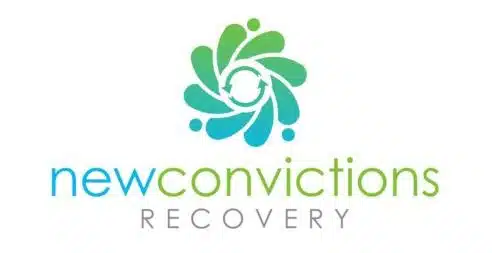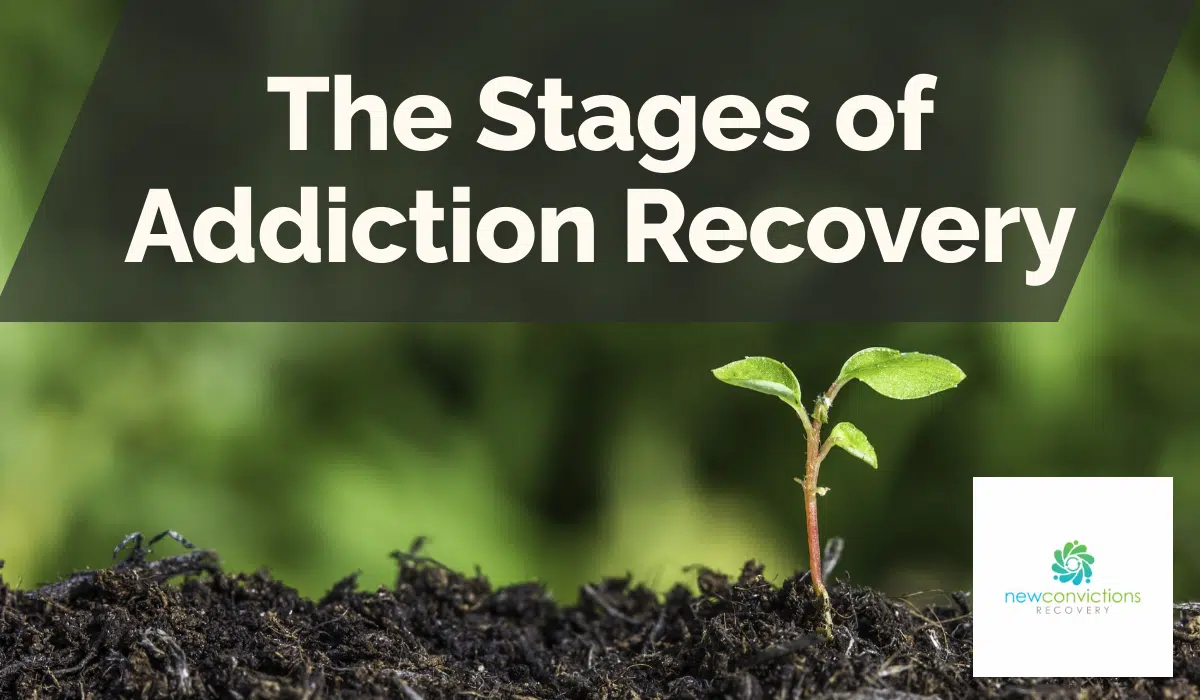Understanding the stages of addiction recovery is extremely important for both addicts and their loved ones. The recovery journey is often complex due to unique personal situations and the specific substance(s) being abused. Knowledge of the change process equips individuals and families with actionable steps that could assist in addressing potential challenges to recovery. This article will briefly examine what the addiction clinical literature references as the “Stages of Change” for an individuals recovery.
The Precontemplation Stage
In the precontemplation stage, individuals might not even realize that they have a problem. They may justify their substance use as a way to cope with stress, unwind, or socialize. Intervention and education from friends, loved ones, or professionals may be necessary to shift from this stage.
The Contemplation Stage
During the contemplation stage, people start recognizing their unhealthy habits and begin considering the possibility of change. Self-introspection, research, and consultation with health providers are often seen in this stage. While an individual may recognize the issues that are inherent in his or her addiction, he or she can still have expressed ambivalence about committing to recovery paradigm that support sobriety. This phase prepares the individual mentally and emotionally for the recovery journey into the next stage.
The Preparation Stage
This stage is characterized by an active decision to change; the individual has mentally transitioned from not having a problem with the substance to identifying that a problem exists. However, the individual at this stage has not taken any actions toward sobriety; recovery is just a good idea. Preparation may include research, setting a quit date, or deciding how one will pursue recovery. One might choose inpatient rehabilitation, outpatient counseling, or self-help groups during this phase.
The Action Stage
The action stage is at the heart of the journey where an individual actively abstains from substances and implements his or her recovery plan. This stage requires focus, commitment, and often involves the adoption of new habits or lifestyle choices. This stage usually characterizes continuous actions/behaviors toward change over a 6-month period.
Maintenance and Relapse Prevention
Continued action that is past 6 months leads to the maintenance stage. Here, the person has to consistently uphold the practices that support sobriety. Relapse prevention strategies are essential during this stage to sustain long-term recovery.
Hammering Home the Importance of a Support System
At all stages of addiction recovery, a good support system is crucial. It could include friends, family, therapists, or support groups.
FAQs
Is recovery from addiction possible?
Yes, recovery is entirely possible. However, it takes serious commitment, a strong support network, and often professional assistance. The journey may be long and difficult, but it is undoubtedly attainable.
What if a person relapses during recovery?
Relapse does not mean failure. It is part of the process. It merely signals that changes need to be made in the individual’s recovery plan.
Conclusion
Recovery from addiction is a journey that varies with each person. Understanding the stages can provide a clearer path and predict obstacles. Equipped with this knowledge, individuals and their loved ones can navigate the journey towards a healthier, substance-free life.

